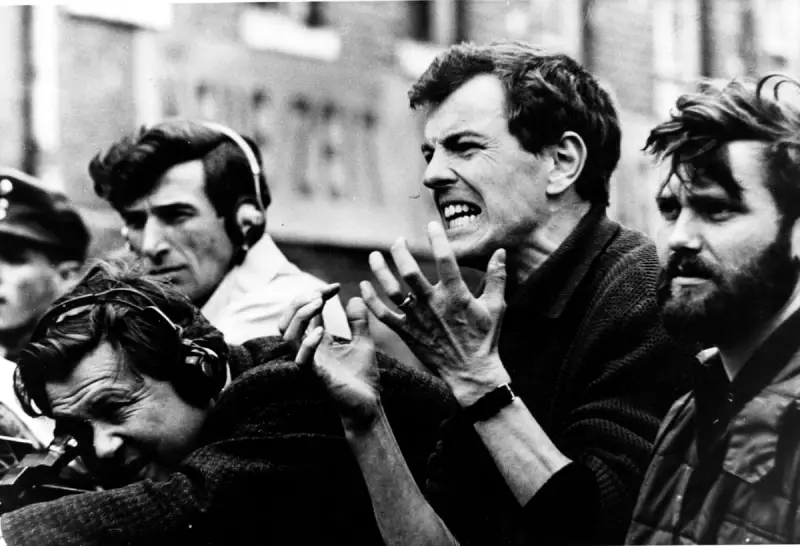
In the annals of cinematic history, few directors have challenged the establishment with the ferocity and vision of Peter Watkins. The groundbreaking filmmaker, whose revolutionary approach to documentary-style storytelling shook both the BBC and Hollywood, created works that remain startlingly relevant decades later.
The Battlefield Comes Alive: Culloden's Raw Power
Watkins' 1964 masterpiece Culloden represented nothing short of a television revolution. By portraying the 1746 Jacobite defeat with the gritty immediacy of a news report, Watkins transformed how historical events could be presented to modern audiences. The film's innovative technique of interviewing participants as if cameras had been present at the actual battle created an unprecedented emotional connection to the tragedy.
The director didn't just recreate history—he made audiences feel they were witnessing it unfold in real time, breaking down the comfortable distance between contemporary viewers and historical events.
Punishment Park: A Chilling Vision of Political Repression
Seven years later, Watkins pushed boundaries even further with Punishment Park, a dystopian thriller that imagined American political dissidents being hunted for sport. The film's terrifying plausibility and documentary-style authenticity made it both controversial and unforgettable, showcasing Watkins' unique ability to blend fiction with frightening realism.
War Games That Changed Cinema Forever
Watkins' approach to what he termed "the war game" in filmmaking involved several revolutionary techniques:
- Immersive historical recreation that made past events feel urgently present
- Breaking the fourth wall through direct-to-camera interviews with "participants"
- Challenging audience complacency about both history and contemporary politics
- Rejecting polished Hollywood conventions in favour of raw, immediate storytelling
A Legacy That Continues to Inspire
Despite his conflicts with broadcasting institutions and Hollywood's commercial system, Watkins' influence can be seen in generations of filmmakers who followed. His commitment to creating what he called "a bridge between an event and the audience" established new possibilities for how cinema could engage with both history and contemporary social issues.
The Guardian's recent exploration of Watkins' enduring impact confirms that his revolutionary approach to filmmaking continues to challenge and inspire directors and audiences alike, proving that true artistic innovation never loses its power to provoke thought and emotion.





